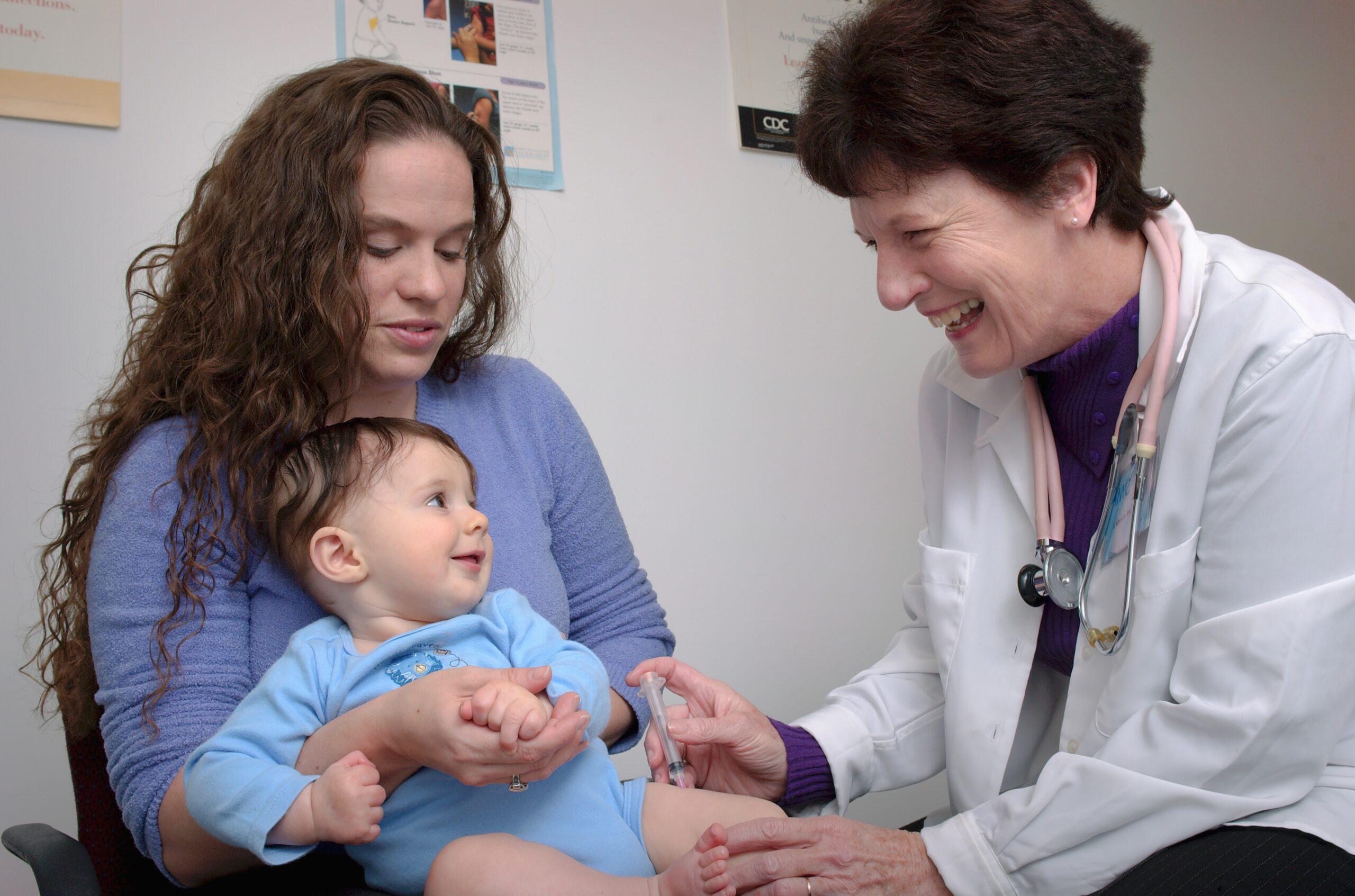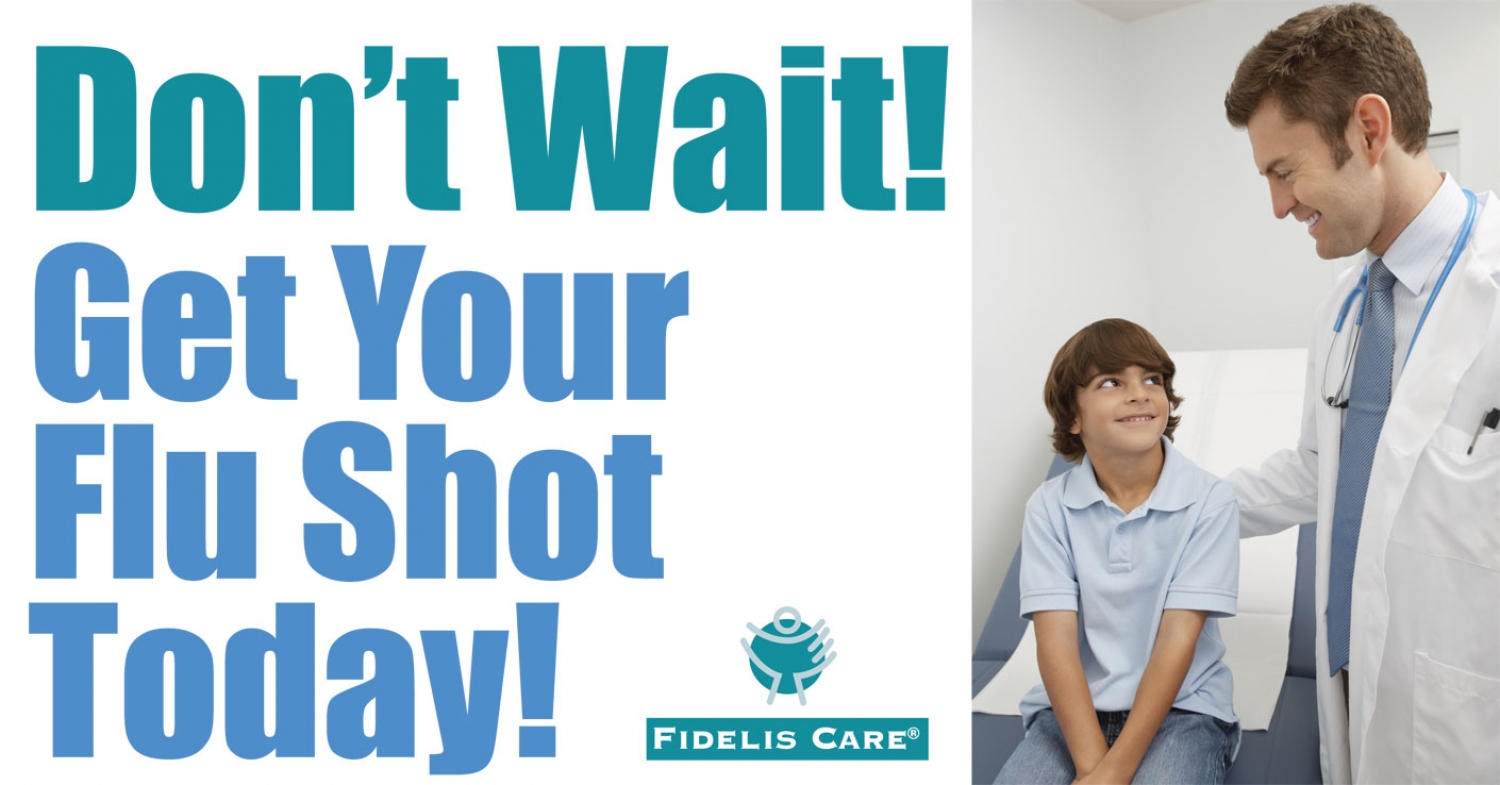Pediatric surgery presents hundreds of questions for families. One of the most stressful situations a parent can face is a child’s illness. It is even more stressful and scary for a child who is aware that the illness brings impending circumstances and uncertainty as to what will happen during surgery.
The more familiar a family is with the process of surgery— from testing and diagnosis to the actual surgery and recovery— the smoother the process is for the child and the less upsetting it becomes for the parents. While this does not completely eliminate the worrying, it lessens the anxiety of not knowing what to expect.
It is unnecessary to know every tiny detail of the surgical process. But an understanding of the different components significantly helps families cope with anxiety. Studies from Yale University show that this type of familiarity has resulted in calmer and more cooperative patients and families. This has had an unexpected positive impact on children’s medical care. Children with a basic understanding of their surgical procedures have needed less anesthesia, have had shorter recovery times, have required lower doses of pain medication and have thus had fewer side effects.
This certainly makes sense regarding how the body works. Adrenaline is a substance that circulates when we are scared or anxious. It speeds up the heart, raises our blood pressure and gets us more aware of our surroundings. Anesthesia has the opposite effect, and there needs to be an adequate balance between adrenaline and anesthesia to help a person sleep during surgery. The higher the adrenaline level, the greater the need for more anesthesia. In other words, with the higher dosages of anesthesia it would take a person longer to wake and recover from the surgery.
Care for children has become specialized over the years due to the recognition that children’s medical care needs are sometimes unique. Children also tend to frighten easily. And if we as adults fail to make kids comfortable in the medical care environment, then their care can potentially become more challenging. However, if children become comfortable and able to accept the medical care we offer them, then they are more willing to cooperate. As a result, children’s care becomes easier and their experience less traumatic.
We need to medically care for children in a realistic, nonthreatening and reasonable means that is age appropriate for the child. If you have a choice of taking your child to a specialist or a medical center that specializes in the care of children, take advantage of this option. The more experienced a specialist or a center is with caring for children, the more likely it is that the care will be customized for your child’s needs.
At a medical center, you should receive a package that aids with the registration process. These packets vary in content, such as just requesting necessary medical information for the hospital, requiring a pre-surgical visit with a nurse or an anesthesiologist at the hospital, or involving an orientation tour of the medical center.
Each surgical center differs in how it approaches the registration process. Familiarize yourself with the policies of the surgical center, even if you need to speak to someone to clarify a policy, comprehend the hospital procedure during registration or understand the care your child will receive. You may want to speak to an anesthesia care provider about the anesthetic implications of care for your child. If you are not scheduled to meet with a center’s anesthesia care provider, consider calling the person or meeting in advance of your child’s surgery to obtain an understanding of what is expected. This might be wise if your child will be pre-medicated prior to surgery, or if you will be allowed to accompany your child to the operating room or an induction suite where the child will drift off to sleep. An anesthesiologist can often provide information to help make the care of your child less stressful and easier to manage.




